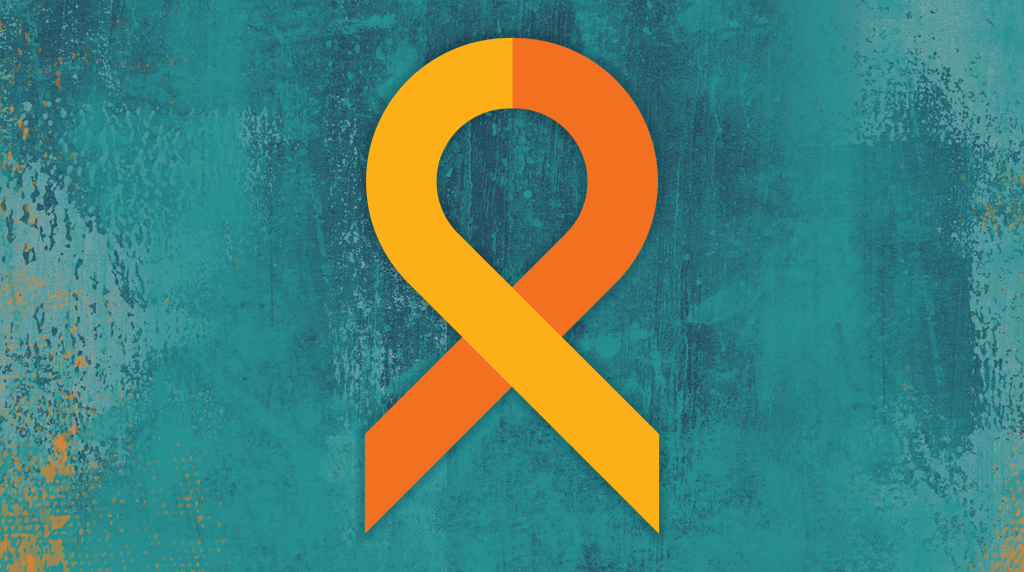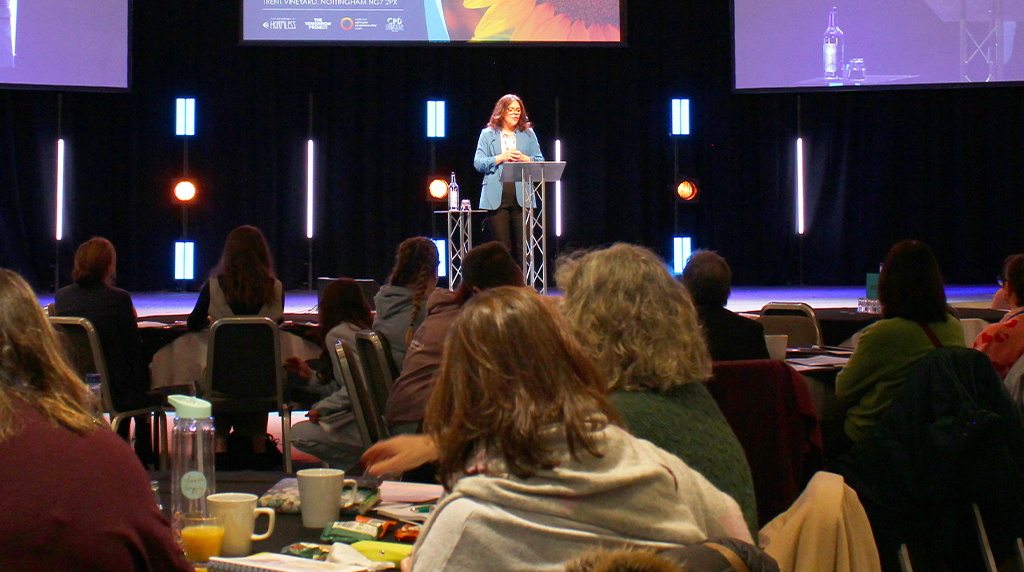By Tom Garrett (Suicide Bereavement Team Lead)
As a long-standing mental health service in Nottinghamshire, we at Harmless and The Tomorrow Project strongly endorse the new suicide prevention charter developed by Nottingham City and Nottinghamshire County Councils. As an established collaborator with our local councils, and with our extensive experience in suicide prevention, we felt compelled to support their efforts.
World Suicide Prevention Day took place on 10th September, which inevitably brings greater focus to the work we do as an organisation. Our hope for the suicide prevention charter is that it will keep the conversation alive throughout the year, because people affected by suicide are suffering on a daily basis. They need – and deserve –to be at the forefront of our thoughts. We must continue to listen to what they need so they can be supported appropriately and effectively.
The suicide prevention charter highlights the needs of people affected by suicide and asks organisations to pledge their commitment to upholding them. The charter’s pledges were developed directly from interviews with local people from Nottingham and Nottinghamshire who have lived experience, including those who have received support from our own services.
Lived experience is something we pride ourselves on embedding in our services, and we strive to keep giving people affected by suicide a voice. Not only does this empower individuals, it also creates the right environment for continuous improvement. Services must adapt to the needs of those they support in order to remain fit for purpose – and the suicide prevention charter brings many of these views to light.
So what is it that people affected by suicide want from services? The charter uses these following to underpin the pledges that organisations are asked to commit to:
- ‘I want my mental health to be prioritised and supported at an early stage to avoid having to wait until a crisis to receive appropriate help’
- ‘I want to have a safety plan in place and a good support network around me’
- ‘I want to be asked about my personal story and wellbeing at an early stage so the right help can be given, but then want to avoid having to repeat my story unnecessarily’
- ‘I want to be listened to, treated with respect, and supported in a caring and friendly way’
- ‘I want language to be used which is respectful, reduces shame, and supports me to have conversation on suicide where I can openly express my emotions and feelings without being judged’
- ‘I want clear, accurate and transparent information on my options including medication and waiting times and receive practical advice to support my mental health in the meantime’
- ‘I want friends and family to be included, and for them to be treated with respect and compassion’
- ‘I want to live the life I want and do the things I enjoy, and not be defined by a single experience’
It would be easy to assume that these commitments would be simple to establish and maintain, but the reality is that many people affected by suicide are not having these needs met. We hope the suicide prevention charter will be a starting point for changing the narrative around suicide – and that it becomes something every organisation aspires to be part of.
For more information about Nottingham and Nottinghamshire’s suicide prevention charter, visit Nottinghamshire County Council – Suicide Prevention.




